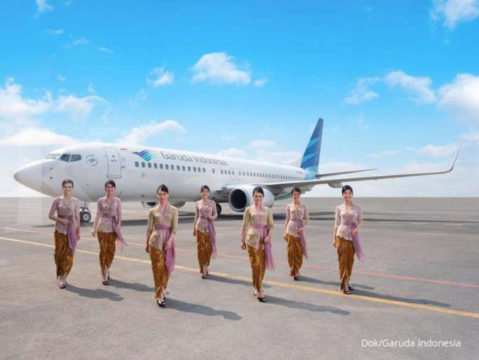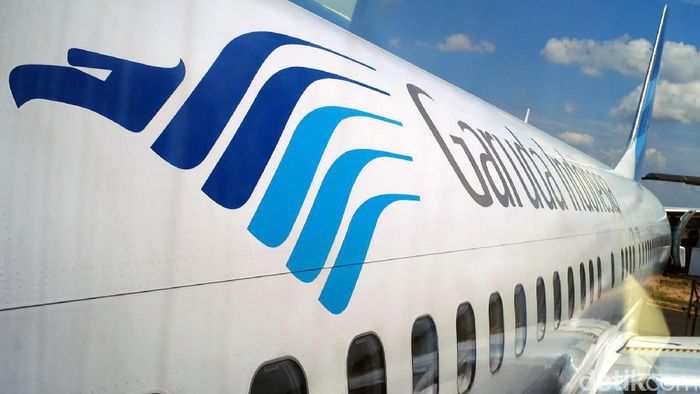News reports in both The Jakarta Globe and finance.detik.com quote Kartika Wirjoatmodjo, the Deputy-Minister for State-Owned Enterprises (BUMN), stating that the National Flag Carrier Garuda Indonesia is teetering on the verge of financial collapse. “Actually, in this condition and speaking in banking terms (Garuda) is ‘technically’ bankrupt, but not yet ‘legally’ bankrupt. We are now looking for ways in which to escape the current situation of technical bankruptcy,” said Wirjoatmodjo before a meeting of Commission VI of the Indonesian House of Representatives (DPR) on Tuesday, 09 November 2021.

Garuda owns assets worth US$6.92 billion against liabilities that total US$9.75 billion. The Deputy Minister told House Members that Garuda Indonesia’s current balance sheet shows negative equity of US$2.8 billion, a record for a State-owned company after the previous record set by the insurer Jiwasraya. “The recorded debt is US$ 7 billion, plus unpaid debts to lessors of another US$ 2 billion. So the total debt is US$ 9 billion,” he said.
Meanwhile, Garuda Indonesia is hemorrhaging cash, losing an estimated US$100 – 150 million every month.
In late 2019 before the onset of the global pandemic, Garuda generated US$235 million in monthly income, a figure that declined to just US$ 27 million in the early months of the worldwide travel shutdown.
Quoted by The Jakarta Post, Kartika said: “Garuda cannot repay nearly all of its debts, and it’s likely to hold back employees’ salaries.”
Kartika blames Garuda’s dismal economic condition on two factors: bad management and the impact of the COVID-19 pandemic.
“We know of the corruption cases already tried by the Corruption Eradication Commission (KPK). This is because of the leasing contracts by Garuda, which are very high in comparison with other airlines. What’s more, data supplied by Bloomberg states that Garuda’s rental cost for aircraft, when compared to revenues, is the highest in the world. Aircraft rental rates divided by revenue equals 24.7% – a number four times the global average,” said Kartika.
In addition, Garuda’s revenues have plummeted due to the restrictions on travel caused by the COVID-19 pandemic.
Kartika told The Jakarta Globe that one road out of the current imbroglio would be for Garuda Indonesia to scrap unprofitable flights and focus only on profitable routes. In 2022, Garuda plans to operate 140 routes, much less than the 237 routes flown in 2019.
The route reduction scheme will reduce costs and losses to the National Carrier but will likely have disastrous ripple effects on remote regions of Indonesia left without air services needed to grow and sustain their fragile economies.
Following a series of losses before European arbitration courts brought by foreign leasing companies, Garuda continues to restructure and reduce its debt loads.
Related Articles
Bracing for a Tearful Farewell to Garuda
Rapid Descent of Garuda Indonesia
Garuda on the Precipice of Collapse?
BEI Suspends Trading in Garuda Stocks
Nikkei Asia: Indonesia’s State Airline Garuda Hangs by a Financial Thread
Former Garuda CEO Sent to Prison

